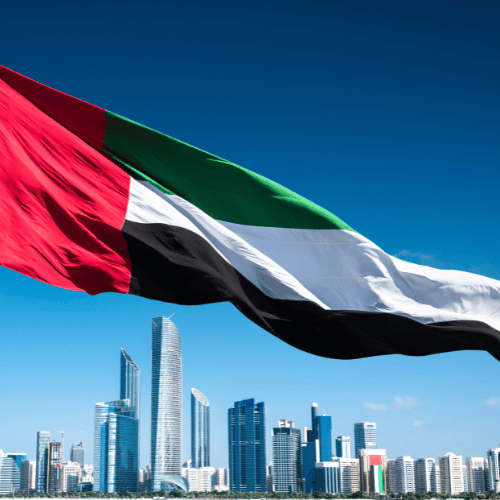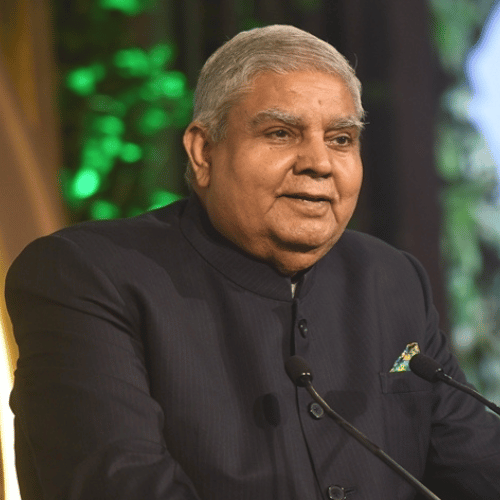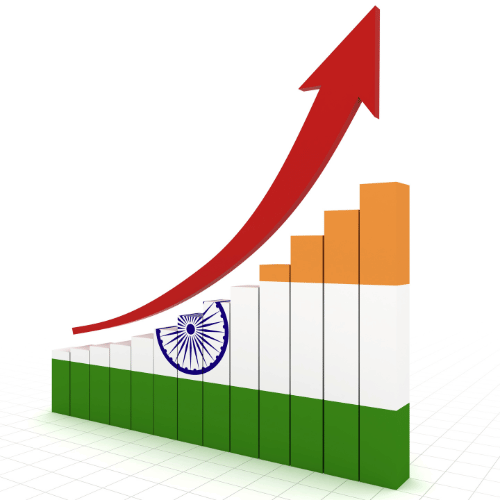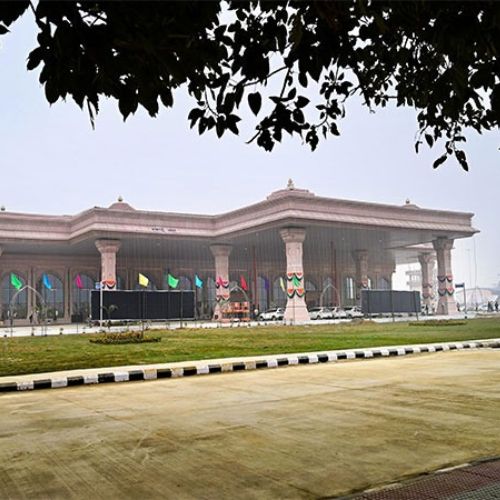Dubai has set an ambitious goal to achieve net-zero carbon emissions by the year 2050. This means that by 2050, the city aims to balance the amount of greenhouse gases produced with the amount removed from the atmosphere. A recent opinion article provides an update on the steps Dubai is taking to steadily move towards meeting this important target over the next 30 years.
The article highlights that Dubai has a clear strategy and roadmap to transition key sectors like energy, water, transportation, industry, buildings, and waste management towards more sustainable practices. For the energy sector, Dubai is rapidly increasing the use of renewable sources like solar and wind power. The target is to produce 100% of electricity from clean energy by 2050.
A major project underway is the Mohammed bin Rashid Al Maktoum Solar Park, which is currently the largest single-site solar park in the world. By 2030, Dubai plans to meet 27% of its total energy needs from renewable sources. It has stopped approving new electricity generation projects that use fossil fuels. For water, Dubai is investing in desalination plants powered by solar energy instead of fossil fuels.
When it comes to transportation, Dubai is working to expand the use of electric vehicles and improve public transport networks. The industrial sector is also being transitioned to use renewable energy. Buildings are being made more energy efficient through retrofitting existing structures and applying green building codes. Waste management is focusing on reducing, recycling, and converting landfill waste to energy.
To support the shift to clean energy, the Dubai Electricity and Water Authority (DEWA) is implementing innovative projects. This includes a solar-powered desalination plant that will be the world’s largest when complete. DEWA is also using fourth industrial revolution technologies to digitally transform operations and boost efficiency.
The article shares that Dubai hosted the recent COP28 global climate conference, highlighting its leadership on climate action. It is on track to exceed its 2030 renewable energy and water sustainability targets. Financial results from DEWA show continued growth while reducing fossil fuel dependence.
If Dubai follows its 30-year roadmap across all sectors, it is confident of achieving net-zero carbon emissions by 2050 through expanding clean technologies and green investments. This would cement the city’s position as a global sustainability hub and support the UAE’s broader climate goals. Dubai’s progress so far demonstrates its strong commitment to building a greener future.















